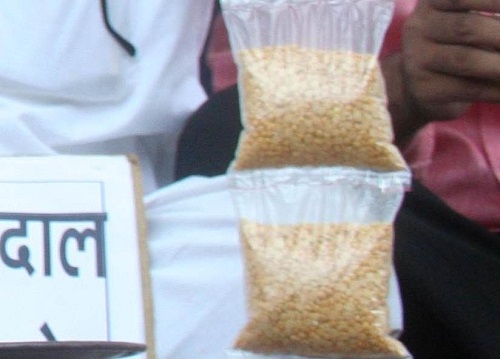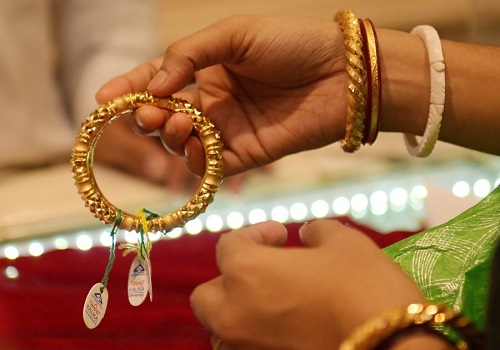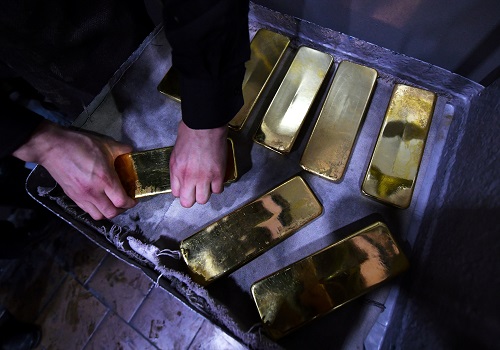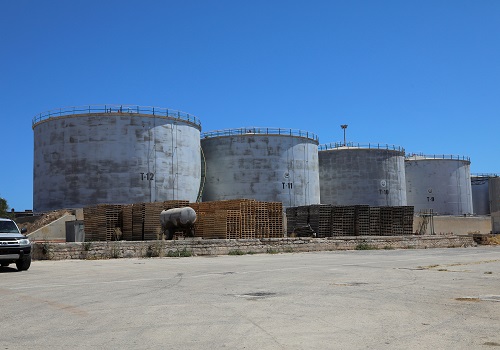Myanmar pulses exporters urge India to double import quota for tur, urad

Follow us Now on Telegram ! Get daily 10 - 12 important updates on Business, Finance and Investment. Join our Telegram Channel
Pulses exporters of Myanmar have requested the Indian government to consider doubling the annual import quotas for tur and urad.
In June 2021, the Indian government had signed an MoU with Myanmar to import 250,000 tonnes of urad and 100,000 tonnes of tur every year from FY22 to FY26 through private trade.
The request to double the annual import quantity was communicated to Nidhi Khare, Additional Secretary, Department of Consumer Affairs, at a virtual panel discussion held recently on tur and urad outlook for India and Myanmar.
"If the quotas are not increased to 500,000 tonnes for urad and 200,000 tonnes for tur by the Government of India, it's possible that farmers will switch over to other cash crops that have a ready market across Myanmar's land borders," Vatsal Lilani, President at Overseas Agro Traders Myanmar Association, said.
"If the Indian demand in subsequent years is for larger tonnages and they are not available, we could see meteoric price rises. We have seen several times earlier that a 10 per cent supply reduction can have up to 30 per cent impact on firming of local prices in India."
Therefore, it would be best to formalise rather than leave doubts, which in turn may affect supply adversely, he added.
Myanmar is a key supplier of tur and urad to India.
"Myanmar is a major source of India's imports and contributed about 69 per cent and 98 per cent of total imports in 2019-20 and 2021, respectively. We are dependent on import because there is a huge demand-supply gap," Khare said during the virtual event.
Even though India is a major producer of pulses, its domestic consumption outstrips the production, which pushes the country to import such commodities to fulfil its requirement.
However, lately, the Centre has shown strong interest in raising domestic output of pulses and also took various initiatives as part of its self-sufficiency goal.












 320-x-100_uti_gold.jpg" alt="Advertisement">
320-x-100_uti_gold.jpg" alt="Advertisement">












